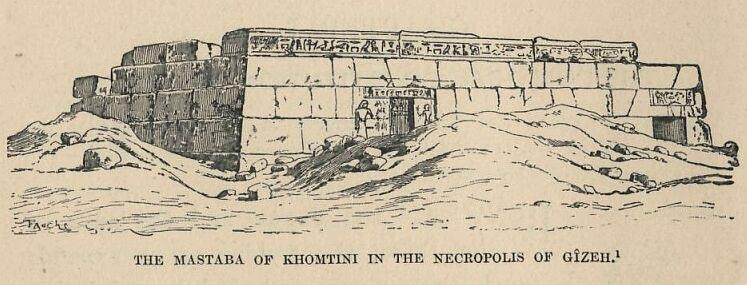1
thousands of thousands of kilometers away, from other breaks
the yellow mountains of Li Po and stone forests of Siberia were born.
then the water appeared,
burrowing, like roots, into the fractures.
the fog, in river valleys, suspends autumns and the reply of
church bells.
it knocks persistently at the doors to homes,
and under its influence, the yew-men descend to the banks of the river
to erect Jacob’s ladders upon which they’ll grow their grapevines.
if the afternoon’s flower falls open,
the men’s daughters will enter the river. they’ll play dead along the banks,
they’ll count the stones in the retention walls mentally until they lose track; they’ll laugh like wild.
look at how the moon shines at their feet,
tinging the burgundy of Mencía wine
as they grow
Enumerate things, one by one until all her fingers are hidden)
baptismal water and friends, the river carries away the reflections of an entire
Roman legion
devoted to the trepanning of a mountain. the river carries away the ends of cigarettes smoked
by my grandfather,
devoted to the trepanning of a mountain. It was years before I noticed
the parallel:
my father’s father built tunnels
all while he was having another child.
it wasn’t April,
breeding lilacs out of the dead land.
the same way we divert the river bed
to search for gold in its original depths,
we divert the fingers that discover a wound
to bandage it. and
we lull like this, and that
we lull like this,
and that.
Triptych
oil on canvas, my grandmother reproduces a scene from Millet
her right hand oscillates three times over,
sowing salt crystals in the face of the oncoming storm,
as if the sea’s currency were enough to save us. the girls
watch them dissolve upon contact with the cement patio,
and they’re jewels for a fraction of a second, something to point at
as they disappear.
the rain keeps the psalms from sticking to the little girls
and the hand that had been a pendulum returns to its hip; like a marigold, it knows
how to withdraw.
when you plant a bonsai, you do so away from the center to make
space for the divine.
much like her, casting out evil
from an apex.
oil on wood, my father says
that recruitment is an art
he keeps many things to himself: the hour in which the snow turns blue atop
Swiss mountains, his daughter’s first tooth, the shattering of his sternum
he keeps silent. I would never plant a bonsai.
he knows how to withdraw the shadow
from the bodies
of birds.
acrylic on paper, his daughter repeats
similia similiabus curantur as she traverses the patio. when
she was born, they tied stag beetle horns around her wrist.
a hundred kilometers to the west, the fishermen gather up
starfish to fertilize the soil. she doesn’t know this.
brazen,
she plants herself in the center and gazes upwards to capture the gleam of an erstwhile
Milky Way.
wing chun: on love as a martial art
they too grow quickly, like the weeds on a bird’s grave
let’s talk about that,
about what we allow ourselves the luxury of not literally understanding.
if light can propel a spaceship
do you still wonder who’s going to come out on top?
two friends talk over the table at a bar in the early morning.
one traces the outline of her eyelashes with the tip of her index finger, seems truly
affected
(her words form a mastaba in the other’s mind
a golden enclosure
—it makes sense that mastaba would come from the Arabic “talking place,” which also bears traces of the ancient Greek stibás, “bed of weeds”—
I gave him mare’s milk and healed his wounds with gentian violet powder,
thinks the one listening,
just the way it happens in Andean legends
as if a remedy’s effectiveness were measured by the shock it produces)

hidden in a forest while she meditates, Ng Mui observes
a battle between a snake and a crane. both facing center,
a splendor of orbits and slenderness, two verses
of unequal meter galloping out the mouth of their speaker.
Ng Mui watches and memorizes their movements,
their art.
there is no order that can function in the world
if we listen closely to her tale, the friend speaking maintains contact too.
she makes her opponent’s technique her own,
folds attack into defense,
aims not for vital points, but for those that will prevent movements
yet to come
behind the words, muscles
incandescence
wing chun, “eternal springtime chant”
the woman listening isn’t sure if her friend learned more from the crane or the snake.
the woman listening wonders which Egyptian amulet would suit the moment
(if Turkish ceramic fishes saved their wearer from drowning in 1335 B.C., what effect would that have here?)
the morning advances
in subcutaneous fashion, like venom secreted from a clamping of the jaws
a snake bite
matters little:
they linger, untouching, united in astonishment
like parallel fang marks in a victim’s flesh.
